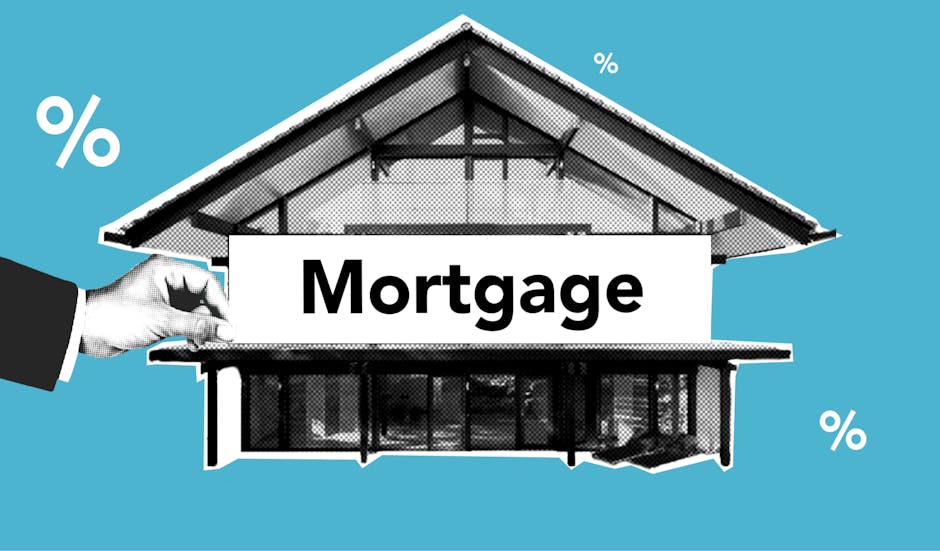Introduction to Credit Scores and Home Financing
Let’s break it down: what exactly is a credit score, and why should you care when looking to finance a home? Think of your credit score as a report card on how you handle your money. It ranges from 300 to 850. The higher the score, the better you look to lenders. This score tells banks how likely you are to pay back a loan. If your score is high, banks see you as a low risk. This means you’re more likely to get a loan with lower interest rates. But if your score is on the lower end, banks might see you as too risky. What does this mean for you? Higher interest rates or even getting denied for home financing.
Here’s the kicker: even a small difference in your interest rate can cost or save you a lot of money over time. So, a good credit score doesn’t just open doors to securing home financing; it can significantly reduce the amount you pay back over the life of a loan. Bottom line? Taking care of your credit score can mean more money in your pocket when buying a home. It’s that simple.
How Credit Scores Affect Your Home Loan Options
Your credit score plays a big role in getting a home loan. Think of it as a key that can either open up doors to better deals or keep them locked tight. A high credit score tells lenders you’re reliable, which means they see you as a lower risk. This can lead to them offering you loans with lower interest rates and better terms. On the flip side, a lower credit score can make lenders wary. They might still give you a loan, but expect higher interest rates. This is because they see you as a higher risk and want to protect themselves in case things don’t go as planned. It’s a bit like betting on a horse; the safer bets get better odds. To sum it up, the better your credit score, the more home loan options you’ll have and the less you’ll pay over time. Keep your credit score healthy, and you’ll be in a stronger position to secure the home of your dreams with terms that won’t keep you up at night.
The Role of Credit Scores in Determining Interest Rates
Your credit score isn’t just a number. It’s a key that can either open the door to affordable home financing or make borrowing a costly affair. Lenders use this score to figure out how risky it is to lend you money. Essentially, the higher your score, the less risk you pose. With a high credit score, banks see you as a safe bet and are more likely to offer you lower interest rates. These lower rates mean you pay less over the life of your loan. On the other hand, if your score is on the lower end, lenders might think lending to you is risky. They might still give you a loan, but with higher interest rates. That means more money out of your pocket in the long run. In simple terms, a great score can save you a ton of money, while a not-so-great score can cost you just as much. So, keeping your credit score healthy is crucial when looking to buy a house.
Securing Affordable Home Financing with a High Credit Score
Having a high credit score is like holding a golden key when you’re looking to lock down affordable home financing. Why? Because lenders see you as less of a risk. They’re like, “This person knows how to handle their money.” With a high credit score, you have better odds of snagging low-interest rates. And lower rates mean lower monthly payments and less cash paid over the life of the loan.
So, how do you make this happen? First, always pay your bills on time. Sounds simple, but it’s a biggie. Next, keep your debts lower than your credit limits. This shows lenders you’re not maxing out credit cards left and right. Also, don’t open new credit accounts just for the fun of it. Each time you apply for credit, it can ding your score a bit.
When you shop around for home loans, doing it within a short timeframe helps too. This way, credit bureaus see it as you being smart, not desperate. Think of it as comparison shopping, not commitment phobia.
In the world of home financing, a high credit score is your best friend. It whispers to lenders, “Give this person the good stuff.” And by good stuff, we mean interest rates that won’t make your wallet cry. Stick with these tips, and you’ll be on your way to grabbing that golden key.
The Consequences of a Low Credit Score on Home Financing
Having a low credit score can make your journey to homeownership tougher and more expensive. See, lenders use credit scores to gauge how risky it is to lend you money. A high score suggests you’re good with money, making you a safer bet. On the flip side, a low score signals to lenders that lending you money could be risky. This perception can lead to several consequences. First, you might find it hard to even get approved for a home loan. Lenders are cautious, and if they see your score in the red, they might say no right out of the gate. Second, if you do get approved, brace yourself for higher interest rates. Lenders charge more interest to offset the risk they’re taking on you. Over the life of your mortgage, this means you could end up paying thousands more than someone with a better score. Third, you might be asked to put up a larger down payment. This is another way lenders protect themselves—you’re more invested, so in their eyes, you’re less likely to default. Lastly, your choices for lenders and loan types could be limited, squeezing you into less favorable terms. In short, a low credit score doesn’t just make borrowing more expensive; it could outright stop you from buying a home. Improving your score before you apply could save you a lot of grief and money.
Strategies to Improve Your Credit Score for Better Financing Options
Improving your credit score might seem like a daunting task, but it’s a powerful strategy to snag better home financing options. Start by paying your bills on time, every time. This simple action shows lenders you’re reliable. Next, work on paying down high credit card balances. It’s not just good for your wallet; it lowers your credit utilization ratio, a key factor in credit scoring. Also, don’t close old credit accounts or open new ones too frequently. Lengthy credit history and stable account status can boost your score. Check your credit reports for errors that might be dragging down your score. Correcting these can give your score a quick lift. Finally, consider diversifying your credit by mixing in different types of credit, like an auto loan or a personal loan, along with your credit card. This shows lenders you can handle various types of credit responsibly. With patience and discipline, these strategies can open the door to better, more affordable home financing options.
Understanding Different Types of Home Loans and Their Credit Requirements
When you’re diving into the world of home financing, the jungle of terms and rates can feel overwhelming. Let’s simplify things. Essentially, there are a few main types of home loans, and each has its own credit score demands. First, we have conventional loans. These are the typical, run-of-the-mill loans most people think of. To get your hands on one, you’ll usually need a credit score of at least 620. Then, there’s the FHA loans, more forgiving and aimed at first-time homebuyers or those with less-than-stellar credit. Here, you might get away with a credit score as low as 500, but if you can hit a 580, you’re in a better position for lower down payments. VA loans are a sweet deal if you’re a veteran, offering some of the most lenient credit requirements and often no down payment at all. Lastly, there’s USDA loans, focusing on rural home buyers, which also don’t strictly define a minimum credit score but look for a decent credit history instead. Remember, the better your credit score, the better the loan terms you’re likely to secure. It’s all about proving you’re a safe bet to lend to.
Tips for Navigating Home Financing with a Mid-Range Credit Score
Having a mid-range credit score might feel like you’re stuck in the middle of a financial tug-of-war when trying to secure affordable home financing. But, don’t throw in the towel just yet. Here are some standout tactics to help you navigate this tricky terrain. First off, shop around. Not all lenders view credit scores the same way, and some might offer better rates to those with mid-range scores than others. It’s vital to compare offers. Next, consider a larger down payment. Putting more money down can sometimes convince lenders to give you a better interest rate, as it reduces their risk. Also, look into government-backed loans. Programs like FHA loans are designed to help those with less-than-stellar credit scores. Yes, you might face extra fees, but the overall financing terms could still be more favorable. Lastly, don’t ignore credit repair. Even small improvements in your credit score can significantly impact the interest rates you qualify for, so take steps to fix any errors on your report and pay down debt where possible. Remember, persistence pays off. With the right approach, securing a loan that doesn’t break the bank is within reach, even with a mid-range score.
The Importance of Credit History and Debt-to-Income Ratio
Your credit history and debt-to-income (DTI) ratio are two big players when you’re looking to nail down a good deal on a home loan. Think of your credit history as your financial report card. It tells lenders how good you are at paying back money you’ve borrowed. The cleaner your credit history, the more likely lenders will see you as less of a risk, which could mean lower interest rates for you.
Now, your DTI ratio is just as crucial. This is all about balance. It’s the comparison of how much money you owe (your debts) to how much money you make. Lenders use it to gauge if you can handle taking on more debt. A low DTI ratio screams, “I’ve got my finances under control!” while a high one could raise flags.
In simple terms, a good credit score and a healthy DTI ratio open doors to better loan options. Banks and lenders are more willing to throw favorable rates your way if they think you’re good for the money. So, before you dive headfirst into house hunting, give these areas of your finances a hard look. Making them strong can save you a ton of money in the long run on your home loan.
Conclusion: Preparing Your Credit for Affordable Home Financing
Getting a good deal on a home loan largely depends on your credit score. Start by reviewing your credit report for any errors and get them fixed. Pay down your debts and keep using your credit cards, but make sure you pay off the balances monthly. This shows lenders you’re responsible with credit. Aim for a credit score above 760 to get the best rates, but know that scores above 620 still qualify for loans, just at higher interest rates. Remember, improving your credit score takes time, so start preparing early. By taking these steps, you’re putting yourself in a strong position to secure affordable home financing.










